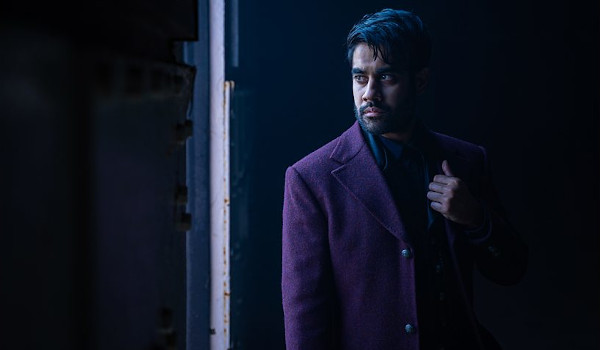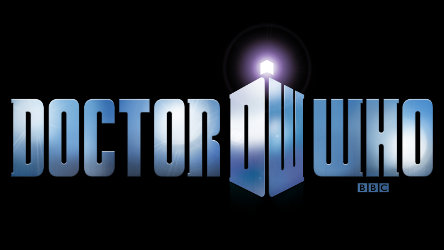- Title: Doctor Who – Spyfall
- wiki: link


The two-part opening to Series 12 of Doctor Who is notable for introducing Sacha Dhawa as The Master. In a move that’s becoming something of a thing for show runner Chris Chibnall and the show this season, Doctor Who makes no attempt to fit the latest version of the character into the show’s long-running continuity (troubling given The Master’s closed timeloop) or explain the paradox of Gallifrey’s destruction long before the events of “Hell Bent.” One thing I will give Chibnall credit for is attempting to capture a bit more of The Master from classic Doctor Who both in demeanor and in the return of the villain’s shrinking ray. As has been the custom of Doctor Who, the premiere opens a mystery to be solved by the season end, this time being the hidden knowledge which led to the premature destruction of Gallifrey.
The two-part episode features the death of several spies across the globe by entities from another dimension attempting to gain a foothold in this one. I kept wait for the Kasaavins to be further developed, but they really aren’t much more than red herrings holding the stage until the time arrives for the the true villain to be revealed. The reveal of The Master being behind the entire plot comes at the cliffhanger of “Part One” leaving the fates of The Doctor‘s (Jodie Whittaker) companions in serious jeopardy. While you can certainly understand The Master putting the Kasaavins to work on one of his plans (which feels more than a little like slightly reworked stories we’ve already seen), the reasoning behind the creatures trusting him is certainly on shakier ground (as is the reason behind the creatures saving The Doctor’s life).
“Part Two” somewhat awkwardly introduces two female historical figures (played by Sylvie Briggs and Aurora Marion) to help get The Doctor home from short stops in the 19th and 20th Centuries and defeat The Master once more. While I applaud the show highlighting important women in history, their limited involvement in the story, particularly that of Noor Inayat Khan (Marion), leaves something to be desired. Despite introducing multiple paradoxes and continuity issues, and second-half that drags a bit in spots, the two-part opener does introduce an amusing new version of The Master. Should Chibnall find a way to incorporate this, and other paradoxes from this season, into the whole of Doctor Who some of my complaints of this episode may be mitigated. While I have one idea which could explain some, but certainly not all, the bizarre new timeline twists it would seem well-past the show pulling on that particular thread from fairly early in Matt Smith’s run.

